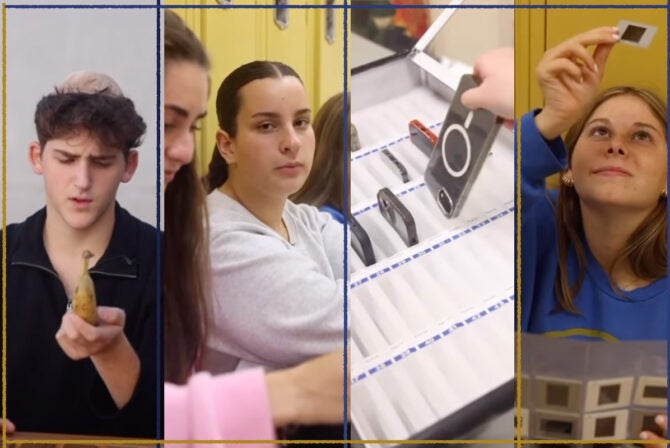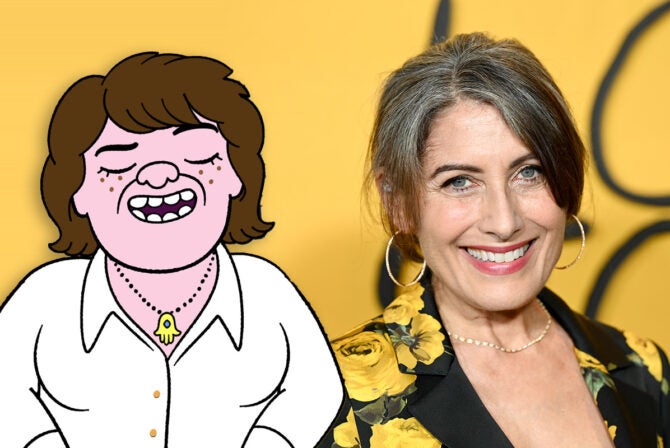My son’s bar mitzvah is this weekend. I’m recently divorced from my non-Jewish husband. My ex offered to pay for some of the bar mitzvah, but on the condition he bring his girlfriend–the same person with whom he had an affair and broke up our marriage.
We have agreed that he will pay for half of a small evening party, but the cost and preparation of the Kiddush lunch are all on me. And due to some logistical issues regarding the second day of Sukkot, I’m going to have a hell of a time getting lunch ready for 100 guests and 100 congregants (yes, we are cooking lunch for 200 people). A caterer is helping out and I hired servers to set up and clean up because I’ll be in the sanctuary. But no matter how you do the math, there is no cheap way to feed 200 people.
I’d be the first to understand that this sounds like a giant whine. And it is. Because our synagogue hasn’t acknowledged anything but the two-parent family model (gay and lesbian families are very welcome, but they have two parents). I’m a divorced mom. I have multiple sclerosis. I have full custody of two teenagers and the ex has alternate weekends. I work part-time and am fortunate to collect child support. My parents have both passed away and my siblings live far away. I have fewer financial, emotional, and time resources to put together the same event that two parent families have. It is literally all on my shoulders.
Friends have helped with invitations, food, decorations, and a ton of emotional support. My cell phone is literally my lifeline. But when push comes to shove, it’s still all on me.
I was planning the bar mitzvah while reviewing and finalizing the divorce papers. That does not exactly lead to feelings of pride and joy. It leads to me nagging the bar mitzvah boy, who is often rude and sullen.
When all is said and done, I want the synagogue to recognize that single parents face very unique challenges that make it difficult to fit or conform to the normative two-parent family. Our challenges are logistical, financial, emotional, and at the core, we operate with very scarce resources.
So what could help?
Money in a Bar Mitzvah fund that would help defray the costs of providing the Kiddush lunch.
Compassion and understanding that the parents of the bar mitzvah boy may not be able to tolerate being in the same room as each other. That asking them to go on the bima (podium) together may be asking too much. That this will not always be a joyous occasion. It is a difficult, painful slog through a day that should be filled with joy. That even just a private acknowledgement from the rabbi or cantor would go a long way in validating those feelings.
There are a few bright spots in all of this, however. My son’s tutor is his older cousin Josh. Hearing the two of them practice tropes and chant Torah has been a delight. Josh allowed my son’s d’var Torah to happen organically, without pushing in any one direction, so it now sounds like it was written by a 13-year-old, clearly reflecting my son’s unique opinions. And perhaps the sweetest moment so far was when my son and my older daughter went into our small Judaica shop and together picked out his tallit without my prompting or nagging. It truly takes a village to raise a child, and while I have a non-traditional family, at least I have an awesome village.
Like this post? Get the best of Kveller delivered straight to your inbox.







